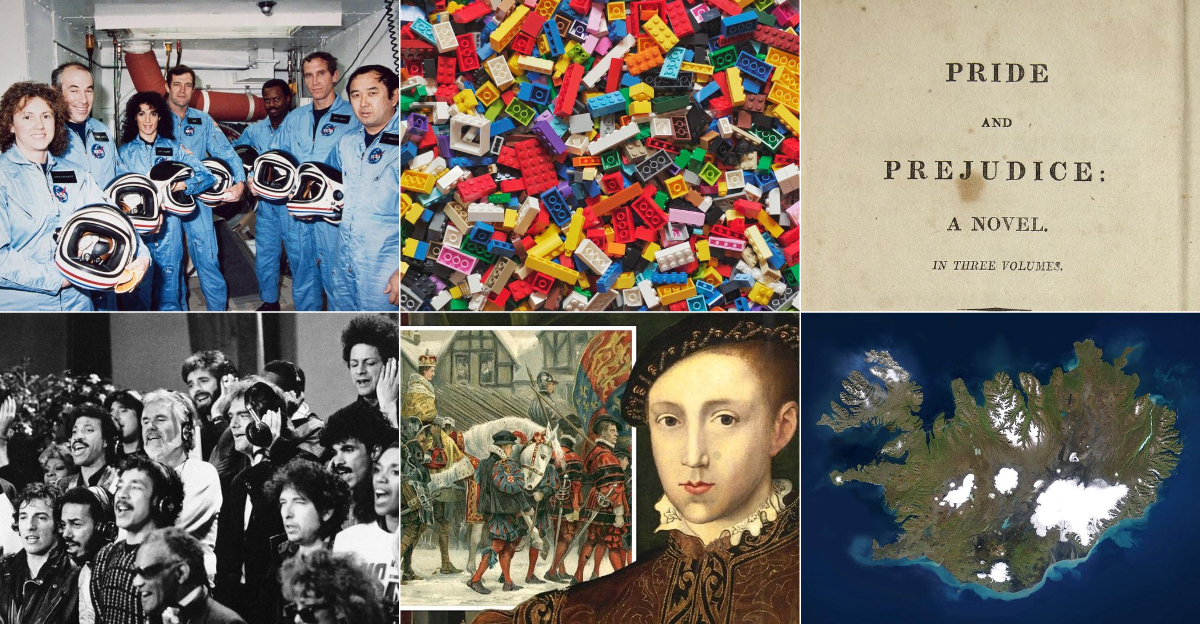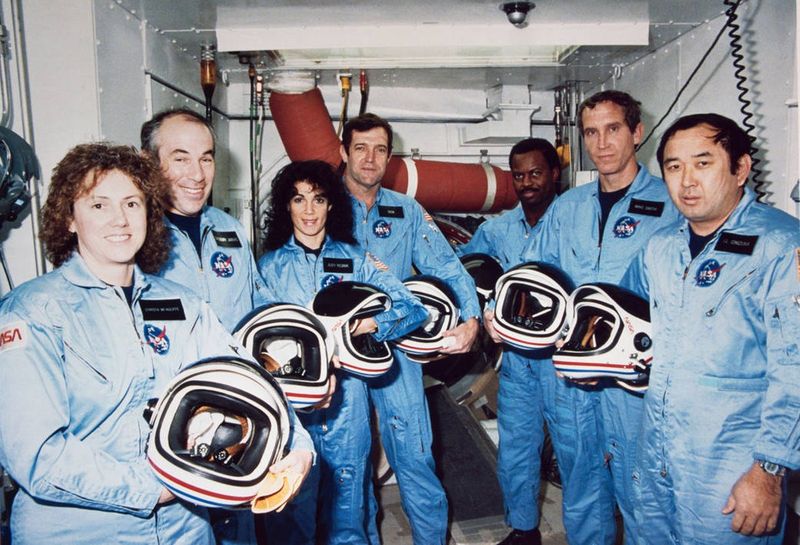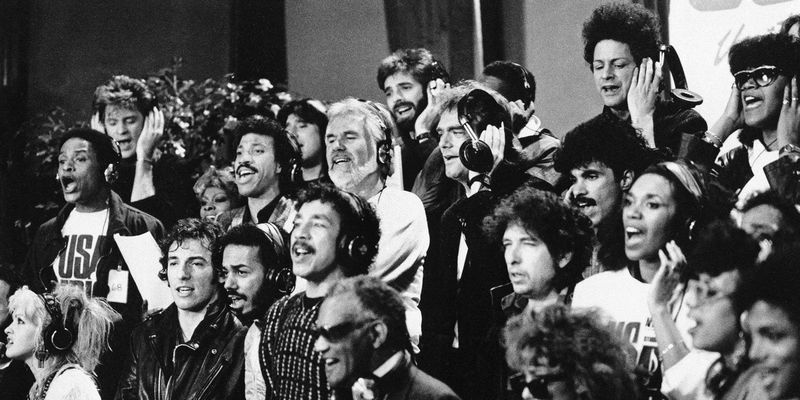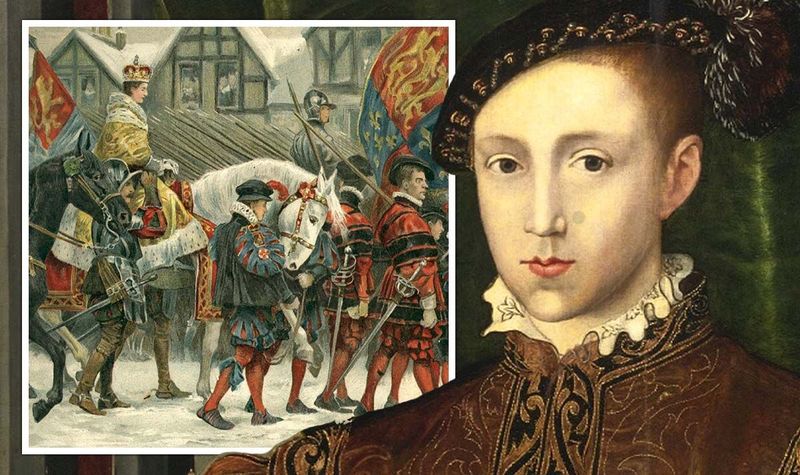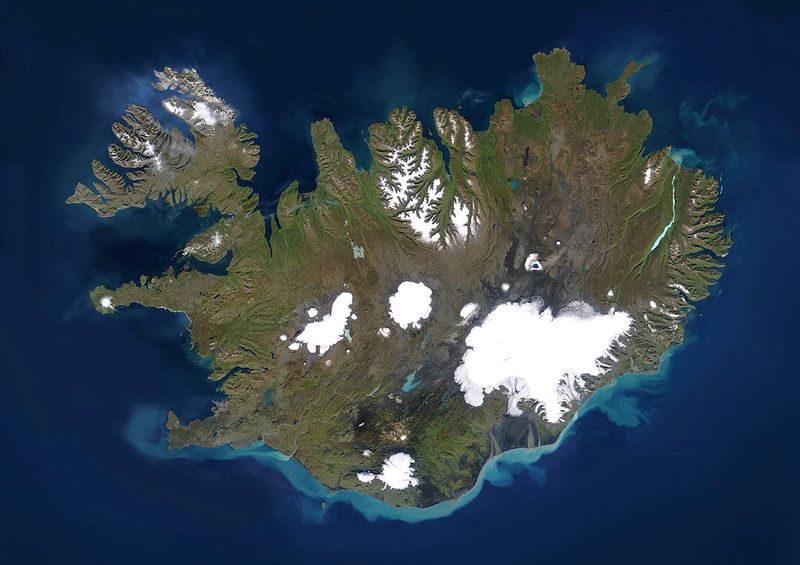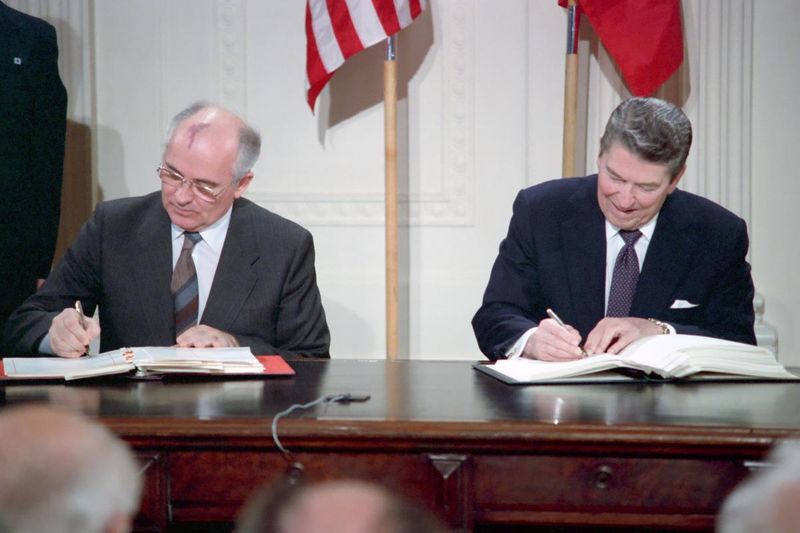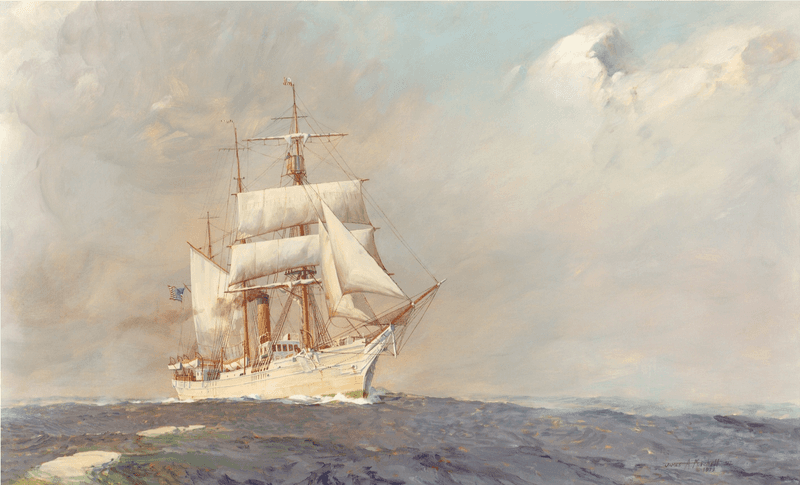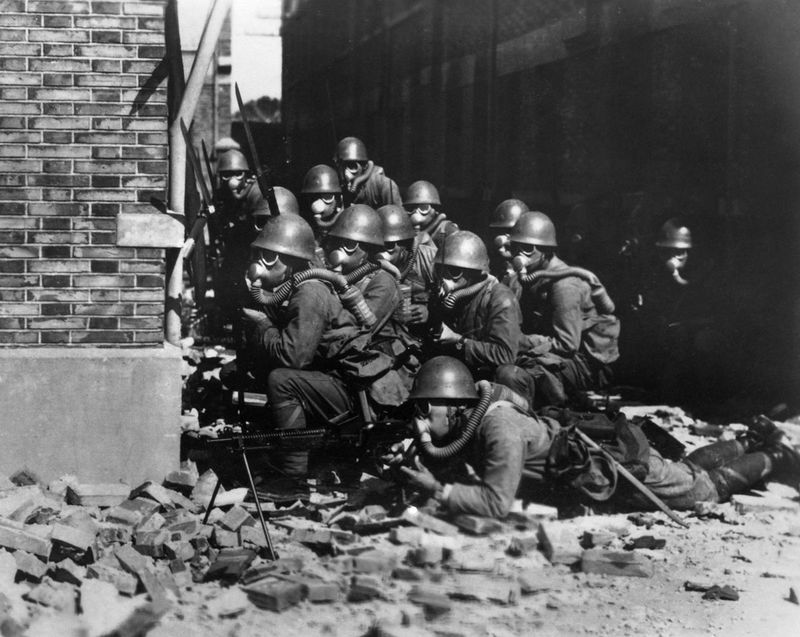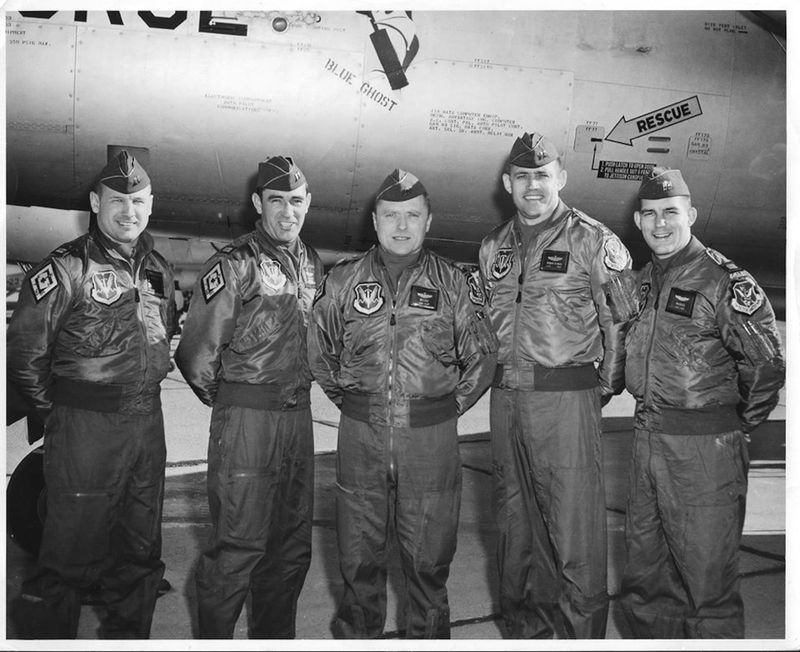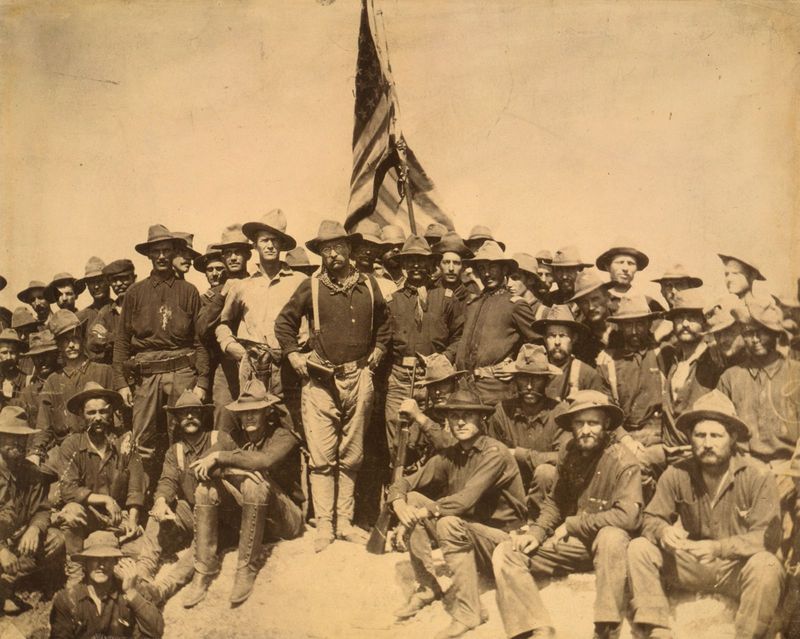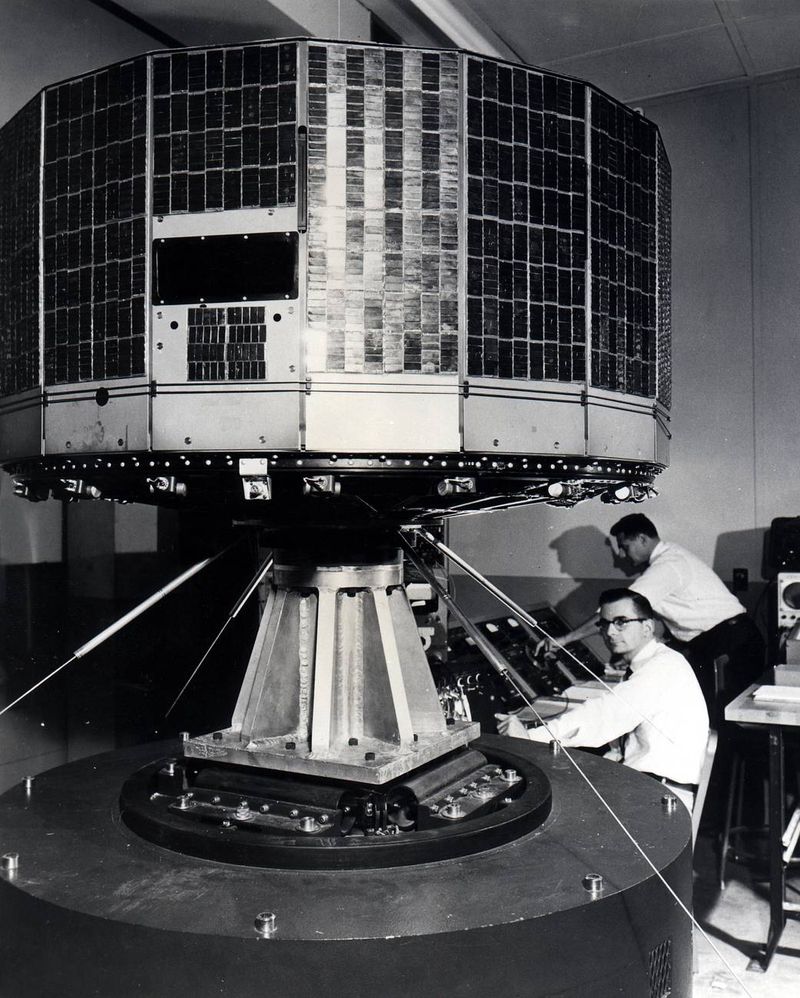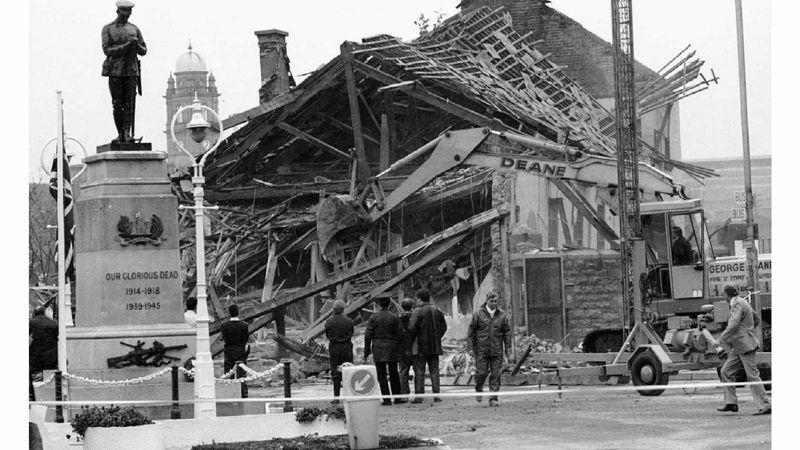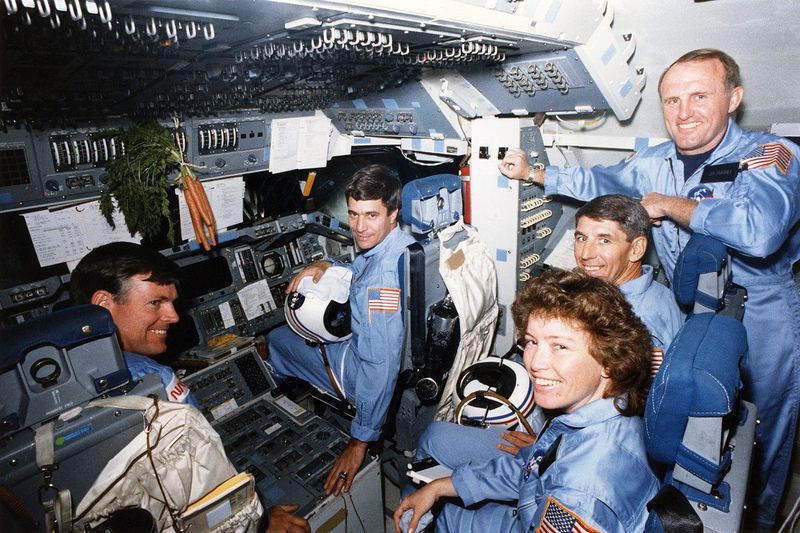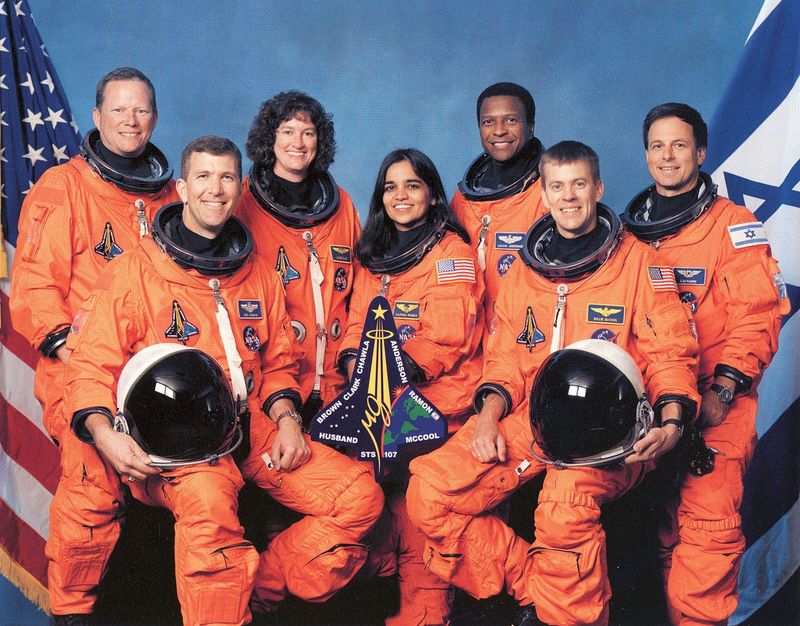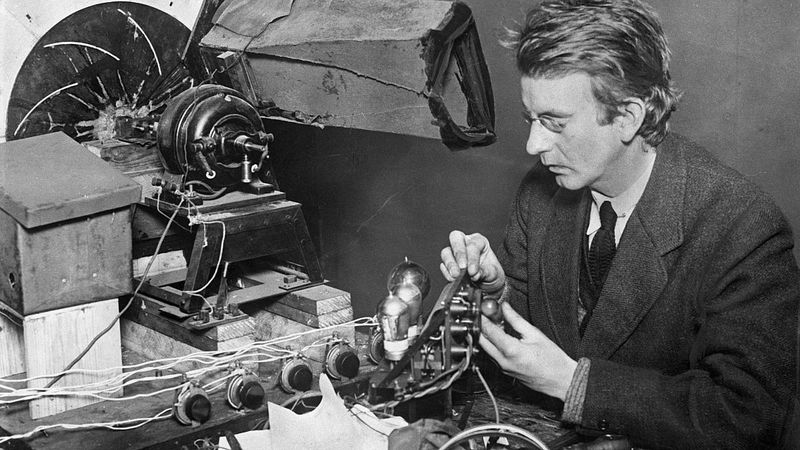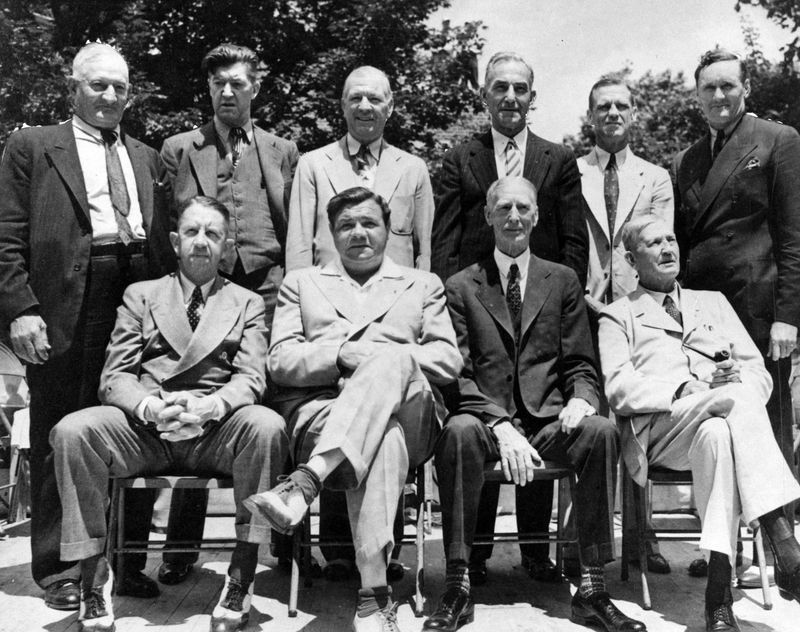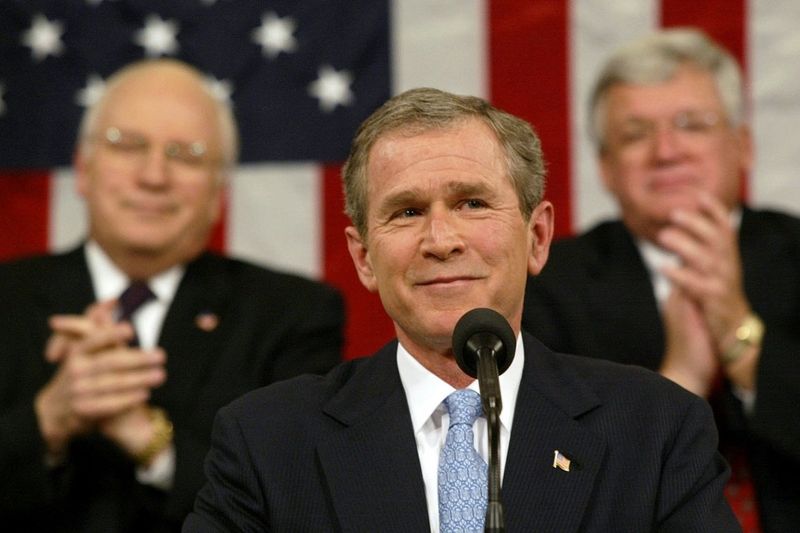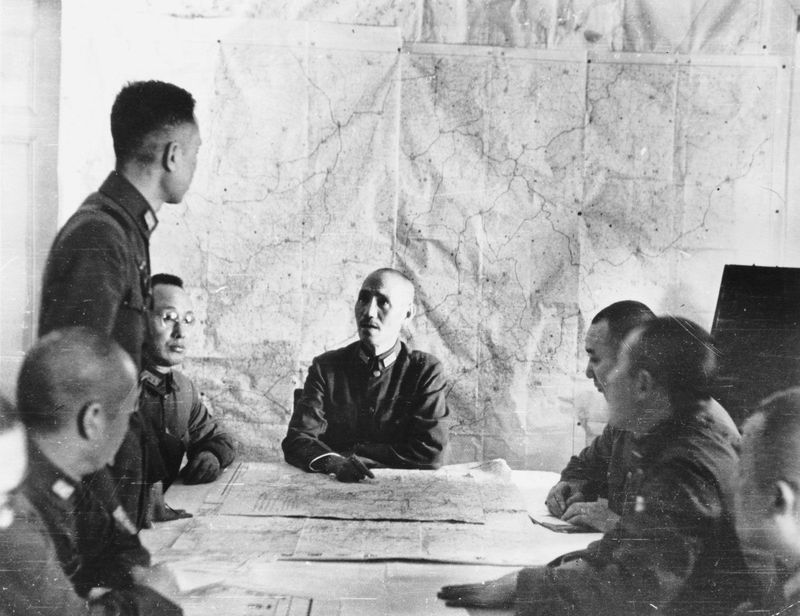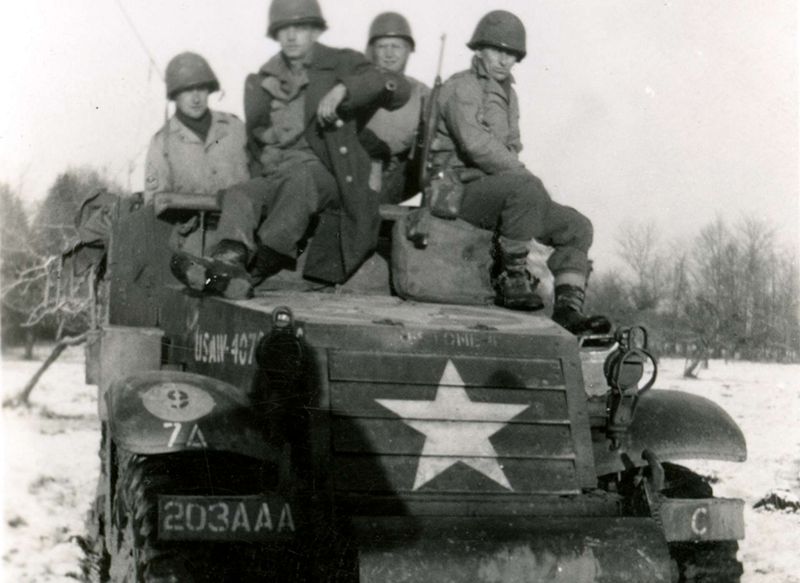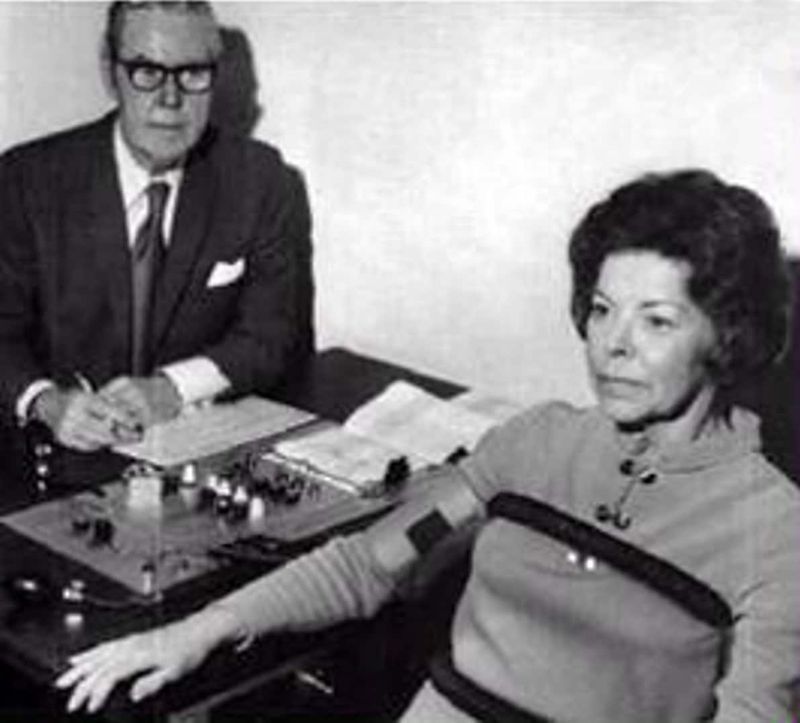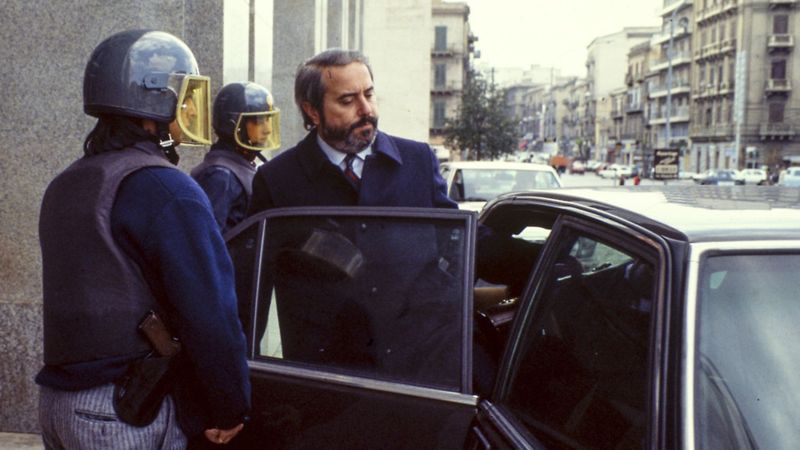Every day in history holds significance, and January 28 is no exception. From groundbreaking inventions to pivotal political changes, the events that took place on this day have left enduring legacies.
This blog post explores 31 historic events that occurred on January 28, offering a glimpse into moments that have shaped our world.
1. 1986 Challenger Disaster Shocks the World
On January 28, 1986, the world watched in horror as the Space Shuttle Challenger tragically exploded just 73 seconds after lift-off. The disaster claimed the lives of all seven crew members, including civilian school teacher Christa McAuliffe.
This devastating event was broadcast live, profoundly impacting millions of viewers worldwide.
In the wake of the tragedy, NASA’s shuttle program faced intense scrutiny, leading to significant safety overhauls. The Challenger disaster remains a somber reminder of the risks inherent in space exploration.
It also strengthened the resolve to prioritize astronaut safety in future missions.
2. 1958 LEGO Bricks Patented Revolutionizing Playtime
The patenting of LEGO bricks on January 28, 1958, marked the beginning of a revolution in children’s playtime. These interlocking plastic bricks offered limitless creative possibilities and quickly became a beloved toy worldwide.
LEGO’s innovative design not only entertained but also fostered imagination, problem-solving, and fine motor skills in children.
Over the years, LEGO expanded into themes, sets, and even movies, solidifying its place in popular culture. Today, LEGO remains an icon of creativity and play, cherished by both children and adults alike.
3. 1813 Jane Austen’s Pride and Prejudice Published
On January 28, 1813, Jane Austen’s “Pride and Prejudice” was published, introducing readers to Elizabeth Bennet and Mr. Darcy. The novel’s wit, romance, and social commentary quickly captivated audiences, establishing Austen as a literary icon.
Over two centuries later, “Pride and Prejudice” continues to enchant readers and inspire countless adaptations, including films, TV series, and modern retellings.
Austen’s exploration of themes like class, marriage, and individuality remains relevant, making her work a timeless classic. The novel’s legacy endures as it continues to attract new generations of readers.
4. 1985 USA for Africa Records We Are the World for Famine Relief
On January 28, 1985, a group of renowned musicians came together to record “We Are the World,” a charity single aimed at raising funds for African famine relief.
Organized by USA for Africa, the collaboration featured artists like Michael Jackson, Lionel Richie, and Stevie Wonder.
The song became an international sensation, raising over $63 million for humanitarian aid. Its success demonstrated the power of music to unite people for a common cause, inspiring future charity concerts and recordings.
“We Are the World” remains a symbol of hope and global solidarity.
5. 1547 King Henry VIII Dies Edward VI Becomes King of England
The death of King Henry VIII on January 28, 1547, marked the end of a tumultuous reign characterized by religious upheaval and marital controversies. His nine-year-old son, Edward VI, ascended to the throne, ushering in a new era of English history.
Edward’s reign was short-lived but significant, as it furthered Protestant reforms initiated by his father.
The transition of power highlighted the complexities of monarchical succession and the influence of advisors in shaping young Edward’s policies. Today, Henry VIII’s legacy remains a subject of fascination and debate among historians.
6. 1935 Iceland Becomes the First Country to Legalize Abortion
On January 28, 1935, Iceland made history by becoming the first country to legalize abortion under certain circumstances. This progressive step in women’s reproductive rights acknowledged the importance of providing safe medical options.
The decision was influenced by public health concerns and the need to empower women with choices over their bodies. Iceland’s pioneering legislation set a precedent, sparking discussions on reproductive rights worldwide.
Although the journey towards comprehensive reproductive freedom continues, Iceland’s early action remains a significant milestone in advancing women’s rights.
7. 1981 Ronald Reagan Lifts Grain Embargo Against Soviet Union
President Ronald Reagan’s decision to lift the grain embargo against the Soviet Union on January 28, 1981, marked a pivotal shift in U.S.-Soviet relations during the Cold War.
The embargo, initially imposed by President Carter, aimed to penalize the Soviet invasion of Afghanistan.
Reagan’s move was primarily motivated by domestic agricultural interests, as American farmers faced economic hardships due to lost export opportunities.
By prioritizing economic growth over political rivalry, Reagan’s decision underscored the complexities of balancing foreign policy and domestic concerns.
8. 1915 US Coast Guard Established by Congress
On January 28, 1915, the United States Congress officially established the U.S. Coast Guard, unifying the Revenue Cutter Service and the Life-Saving Service. This new branch aimed to protect maritime interests and ensure safety on the seas.
Over the years, the Coast Guard’s role expanded to include search and rescue missions, environmental protection, and national defense.
Today, it stands as a vital component of America’s homeland security, showcasing its adaptability to evolving maritime challenges. The founding of the Coast Guard remains a testament to the nation’s commitment to safeguarding its waters.
9. 1932 Japan Occupies Shanghai Marking a Pivotal Moment in WWII Tensions
On January 28, 1932, Japan’s occupation of Shanghai marked a significant escalation in tensions leading to World War II. The aggressive military action underscored Japan’s imperial ambitions and strained diplomatic relations with China.
The occupation triggered international condemnation and intensified regional instability. It highlighted the growing threat of militarism in Asia, setting the stage for further conflicts.
Japan’s actions in Shanghai remain a crucial chapter in understanding the complex interactions that eventually led to global warfare.
10. 1982 Italian Cruise Ship Achille Lauro Catches Fire Off the Coast of Somalia
On January 28, 1982, the Italian cruise ship Achille Lauro caught fire off the coast of Somalia, endangering the lives of nearly 750 passengers and crew. The blaze was eventually extinguished, and everyone was safely evacuated.
The incident highlighted the importance of maritime safety protocols and the need for effective emergency response strategies.
Despite the scare, the Achille Lauro continued to sail for several more years before becoming infamous for a hijacking incident in 1985. The fire incident serves as a reminder of the unpredictable nature of sea travel.
11. 1973 Paris Peace Accords Officially End US Involvement in Vietnam War
The signing of the Paris Peace Accords on January 28, 1973, officially ended U.S. involvement in the Vietnam War. This agreement paved the way for a ceasefire and the withdrawal of American troops from Vietnam.
The accords were a culmination of prolonged negotiations and represented a turning point in the conflict. While the agreement aimed to restore peace, it ultimately led to the fall of Saigon in 1975.
The Paris Peace Accords remain a complex chapter in U.S. history, illustrating the challenges of achieving lasting peace through diplomacy.
12. 1909 US Troops Leave Cuba for the First Time After Spanish-American War
On January 28, 1909, U.S. troops withdrew from Cuba, marking the first departure since the Spanish-American War. This withdrawal symbolized a new chapter in Cuba-U.S. relations and the island’s journey towards sovereignty.
The American military presence had facilitated infrastructure development but also sparked debates on imperialism. The troop departure was a step towards Cuban independence, though U.S. influence remained significant.
The event highlighted the complexities of post-war nation-building and the enduring impact of foreign intervention.
13. 1922 Snowfall Recorded in the Sahara Desert for the First Time
On January 28, 1922, an extraordinary weather event occurred when snowfall was recorded in the Sahara Desert for the first time. This rare phenomenon astonished locals and sparked scientific curiosity about climatic anomalies.
The snow, although short-lived, captured global attention and illustrated the desert’s unpredictable weather patterns.
Such rare occurrences continue to intrigue meteorologists and serve as a reminder of the planet’s diverse climate systems. The Sahara snowfall remains a compelling example of nature’s surprises.
14. 1956 Elvis Presley’s First TV Appearance on The Dorsey Brothers Stage Show
Elvis Presley’s national television debut on January 28, 1956, on “The Dorsey Brothers Stage Show,” marked the beginning of his meteoric rise to fame. His energetic performance captivated viewers and introduced rock ‘n’ roll to a wider audience.
Elvis’s appearance signaled a cultural shift in music and entertainment, influencing generations of artists. His unique style and charisma challenged societal norms, paving the way for the rebellious spirit of rock music.
Elvis’s legacy as the “King of Rock and Roll” was cemented with this unforgettable performance.
15. 1960 The First Photographic Weather Satellite TIROS-1 Launched
The launch of TIROS-1 on January 28, 1960, revolutionized meteorology by providing the first space-based images of Earth’s weather systems. This pioneering satellite offered unprecedented insights into atmospheric conditions.
TIROS-1’s success laid the groundwork for modern weather forecasting and highlighted the potential of space technology in environmental science.
The data collected transformed our understanding of global weather patterns and enhanced our ability to predict natural disasters. TIROS-1’s legacy endures as a milestone in the integration of space exploration and meteorology.
16. 1939 Irish Republican Army Bombs London Causing Panic
On January 28, 1939, the Irish Republican Army (IRA) orchestrated a bombing campaign in London, causing widespread panic and damage. This attack was part of the IRA’s efforts to draw attention to their cause for Irish independence from British rule.
The bombings highlighted the tensions between Britain and Ireland, underscoring the complexities of the political landscape. The events stirred public fear and incited debates on national security.
The IRA’s actions in London are a stark reminder of the challenges faced in resolving conflicts through peaceful means.
17. 1986 The Space Shuttle Columbia Lands Safely After Mission 61-C
The Space Shuttle Columbia’s safe landing on January 28, 1986, after completing Mission 61-C, marked a successful conclusion to a challenging mission. The crew conducted scientific experiments and made critical observations while in orbit.
Columbia’s return highlighted the shuttle program’s ability to overcome technical challenges and deliver valuable scientific insights.
The mission’s success was overshadowed by the Challenger disaster, which occurred just days later. Columbia’s achievements underscore the importance of perseverance and innovation in space exploration.
18. 2011 The Egyptian Revolution Begins as Protesters Demand Change
On January 28, 2011, the Egyptian Revolution gained momentum as thousands gathered in Cairo’s Tahrir Square to demand political reform and social justice. The demonstrations were part of the broader Arab Spring movement.
The protests reflected widespread discontent with government corruption, lack of freedoms, and economic challenges. As the revolution unfolded, it resulted in the resignation of President Hosni Mubarak.
The events in Egypt inspired other movements across the region, highlighting the power of collective action in pursuing democratic change.
19. 1980 Six US Diplomats Rescued from Tehran in the “Canadian Caper”
The “Canadian Caper,” which culminated on January 28, 1980, involved the daring rescue of six U.S. diplomats from Tehran amidst the Iranian hostage crisis. The operation was a joint effort between Canadian and American officials.
Using a clever disguise as a film crew, the diplomats were safely evacuated, showcasing the power of international collaboration and ingenuity. The successful mission was later immortalized in the film “Argo.”
The Canadian Caper remains a celebrated example of diplomatic cooperation and creativity in times of crisis.
20. 2003 Space Shuttle Columbia Launches on Its Final Tragic Mission
Space Shuttle Columbia’s launch on January 28, 2003, marked the beginning of its final mission, which tragically ended in disaster. The shuttle disintegrated upon re-entry on February 1, 2003, claiming the lives of all seven astronauts aboard.
The incident prompted an investigation into NASA’s safety protocols and led to significant changes in shuttle operations.
The Columbia disaster serves as a solemn reminder of the risks involved in space exploration and the importance of rigorous safety measures. The mission’s loss is honored by ongoing advancements in astronaut safety.
21. 1928 Scottish Inventor John Logie Baird Demonstrates First Color TV
On January 28, 1928, Scottish inventor John Logie Baird achieved a technological milestone by demonstrating the first color television. This breakthrough paved the way for the vibrant, colorful broadcasts we enjoy today.
Baird’s innovation was initially met with skepticism, but it eventually gained recognition as a precursor to modern television. His work laid the foundation for future advancements in broadcasting technology.
The demonstration of color TV remains a testament to human ingenuity and the relentless pursuit of progress.
22. 1936 The First Inductees to the Baseball Hall of Fame Are Announced
On January 28, 1936, the first inductees to the Baseball Hall of Fame were announced, honoring legends like Babe Ruth, Ty Cobb, and Honus Wagner. This event marked the beginning of a tradition celebrating the sport’s greatest players.
The Hall of Fame, located in Cooperstown, New York, serves as a shrine to baseball’s history and its heroes. The inaugural induction set a standard for recognizing excellence and contributions to the game.
The Baseball Hall of Fame continues to inspire fans and players alike with its rich legacy.
23. 2002 George W. Bush Delivers “Axis of Evil” State of the Union Address
President George W. Bush’s “Axis of Evil” State of the Union Address on January 28, 2002, marked a defining moment in U.S. foreign policy. He identified North Korea, Iran, and Iraq as threats to global peace, setting the stage for future military interventions.
The speech reflected post-9/11 security concerns and shaped international relations in the early 21st century.
It sparked debates on preemptive military action and the complexities of addressing global threats. The “Axis of Evil” address remains a pivotal moment in modern geopolitical discourse.
24. 1912 The Republic of China Adopts Its First Provisional Constitution
On January 28, 1912, the Republic of China adopted its first provisional constitution, laying the groundwork for a new democratic government. This marked a significant shift from imperial rule, following the fall of the Qing dynasty.
The provisional constitution aimed to establish fundamental rights and a framework for governance. While political challenges persisted, the adoption signaled a commitment to modernization and reform.
The Republic of China’s early constitutional efforts continue to influence its political evolution.
25. 1988 The Largest Snowfall in UK History Hits Wales
On January 28, 1988, Wales experienced the largest snowfall in UK history, with remarkable accumulations that disrupted daily life. The snowfall created picturesque landscapes but also posed challenges for transportation and infrastructure.
Communities rallied together to clear roads and support one another, showcasing resilience in the face of natural adversity.
The event remains a memorable moment in UK weather history, illustrating the power of nature to both awe and challenge human adaptability.
26. 1855 The Panama Railway is Completed Connecting the Atlantic and Pacific Oceans
The completion of the Panama Railway on January 28, 1855, marked a significant engineering achievement, connecting the Atlantic and Pacific Oceans. This vital transportation route facilitated global trade and influenced future canal developments.
The railway’s construction faced numerous challenges, including harsh terrain and health risks. Its success demonstrated the potential of rail transport in linking distant regions.
The Panama Railway set the stage for the Panama Canal, underscoring the transformative impact of infrastructure on global commerce.
27. 1986 Hands Across America Plans Are Announced for Charity Fundraising
On January 28, 1986, plans for Hands Across America were announced, aiming to create a human chain spanning the country to raise funds for hunger and homelessness. The initiative captured public imagination, promising a unique blend of charity and unity.
Participants from all walks of life were encouraged to join, symbolizing collective solidarity. Hands Across America, held later that year, successfully raised millions for charitable causes. The event exemplified the power of communal action in addressing social issues.
28. 1945 The Battle of the Bulge Ends Marking a Turning Point in WWII
The Battle of the Bulge, which ended on January 28, 1945, marked a crucial turning point in World War II. This intense confrontation between Allied and German forces took place in the Ardennes forest.
The battle was characterized by brutal winter conditions and fierce fighting, resulting in significant casualties. The Allies’ eventual victory thwarted Nazi Germany’s last major offensive, paving the way for the liberation of Western Europe.
The Battle of the Bulge remains a symbol of courage and resilience in the face of adversity.
29. 1920 The First Public Demonstration of a Lie Detector in the US
On January 28, 1920, the first public demonstration of a lie detector took place in the United States. This groundbreaking event showcased the polygraph’s potential to assess truthfulness.
The device, though controversial, sparked interest in its applications for criminal investigations and security.
While its accuracy and ethical implications continue to be debated, the polygraph remains a symbol of the quest for truth in legal proceedings. The demonstration marked the beginning of widespread curiosity about lie detection technology.
30. 1982 Italian Judge Giovanni Falcone Begins Major Mafia Crackdown
In January 1982, Italian Judge Giovanni Falcone initiated a major crackdown on organized crime, targeting the Mafia’s powerful networks. His efforts, a significant chapter in Italy’s fight against corruption, commenced around January 28.
Falcone’s work led to numerous arrests and trials, showcasing his determination to dismantle criminal organizations.
Despite facing threats and challenges, his legacy endures as a symbol of justice and courage. Judge Falcone’s dedication inspired others to continue the pursuit of law and order.
31. 2016 The World Health Organization Declares Zika Virus a Global Emergency
On January 28, 2016, the World Health Organization declared the Zika virus a global health emergency, raising international awareness about the outbreak’s potential impact.
The declaration aimed to coordinate a global response, emphasizing research and prevention strategies. The Zika virus, primarily spread by mosquitoes, posed significant health risks, particularly for pregnant women.
The WHO’s action underscored the importance of rapid response to emerging health threats, highlighting global interconnectedness in addressing public health challenges.
